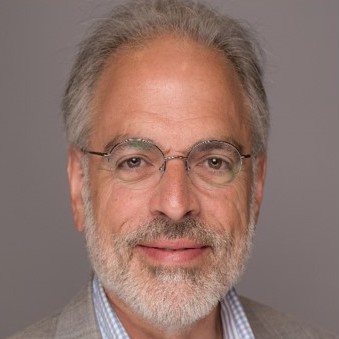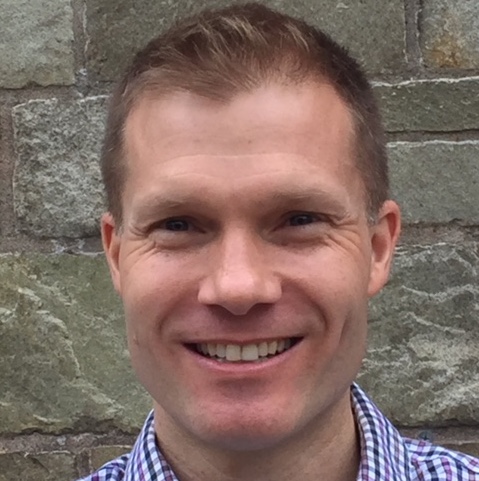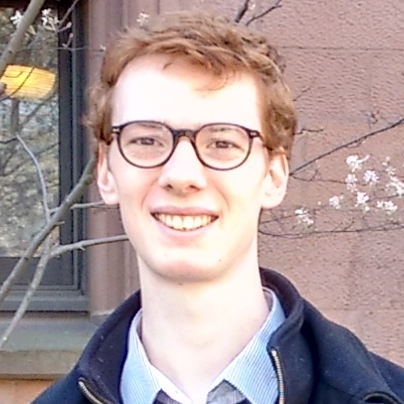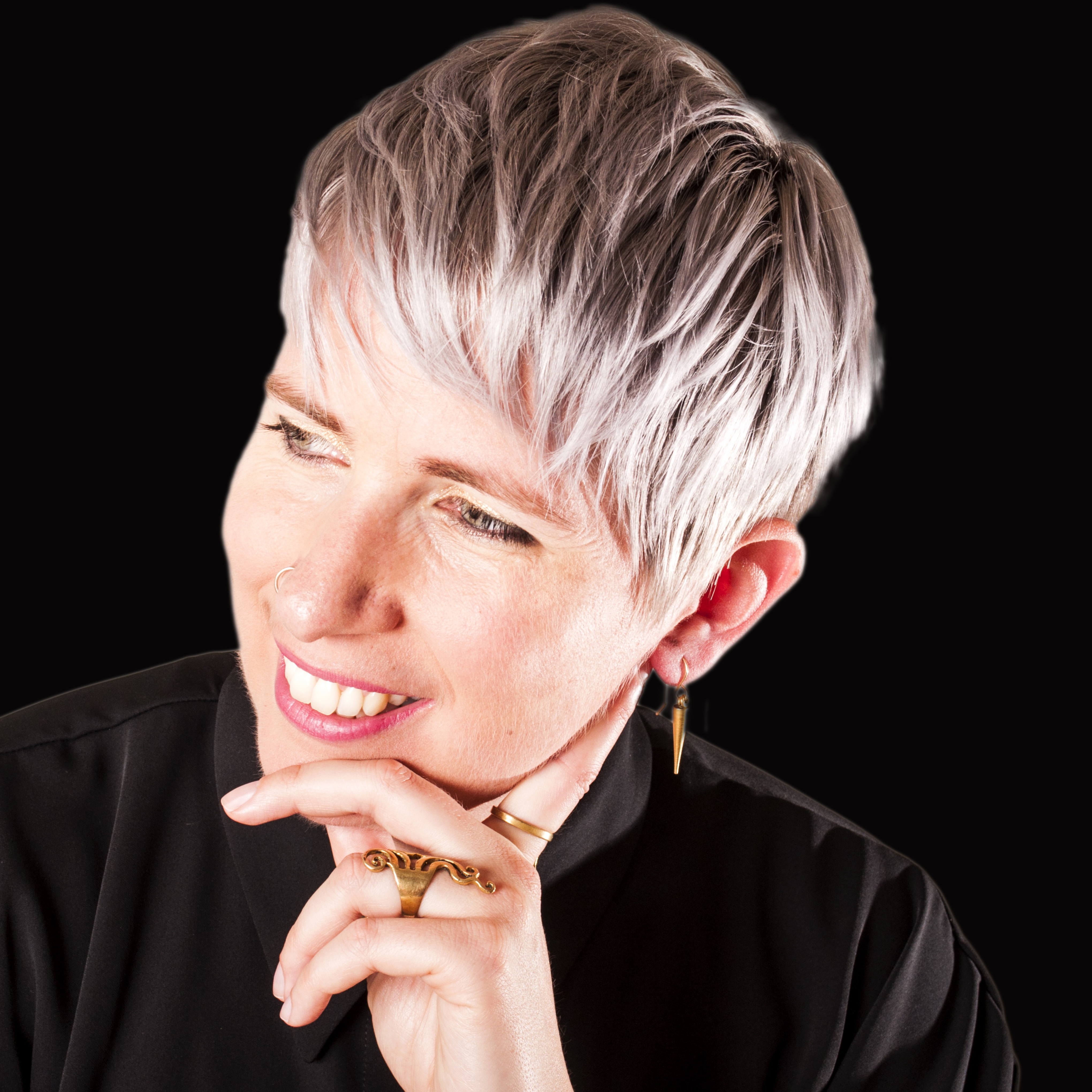FALL 2018

Richard Frieder
“Employing Dialogue and Deliberation to Foster Humility and Achieve Community Driven Change in Hartford”
Richard Frieder is a community engagement consultant working with Community Capacity Builders in Hartford, Connecticut, and is a senior associate with Everyday Democracy. He served as community-engagement director for Hartford Public Library (HPL) from 2001-2016, where he conceived of and built the Center for Civic Engagement, which won two national Innovators Awards from the Urban Libraries Council (2010 and 2013). He also led HPL’s participation in Libraries Transforming Communities, an initiative of the American Library Association and the Harwood Institute for Public Innovation. Frieder has recently been leading community dialogues in partnership with Hartford residents, the Hartford Police Department, and Hartford’s Faith Based Initiative focusing on community violence and strengthening community-police relations. He co-founded and is a leader of the Hartford Decide$ participatory budgeting initiative, the first of its kind in Connecticut, and was a founder of and co- leader the Hartford Votes~Hartford Vota Coalition, a partnership of 14 organizations devoted to increasing voter engagement. He is also an active board member of Hartford 2000, the umbrella organization for Hartford’s fourteen Neighborhood Revitalization Zones. Frieder holds a master’s degree in library and information science from the University of Chicago.
During his Fall 2018 residential fellowship he will design a pilot plan to employ dialogue and deliberation to achieve community driven change in Hartford while promoting humility in public discourse.

William McMillan
“Mapping the Potential Limits of Epistemic Humility and Conviction within an Influential Evangelical Christian Tradition”
William McMillan works at the intersection of religion, culture, and politics. He received his Ph.D. in sociology from Yale University in May 2018. His dissertation, “Cosmopolitan Calvinists: Global Religion in A Secular Age,” analyzed and examined a contemporary urban evangelical movement that is both theologically conservative and culturally flexible.
During his residential fellowship (FALL 2018) he will be leveraging his research to better understand the limitations and potentialities (constraints and enablements) of epistemic humility within evangelical Christianity more broadly conceived.
SPRING 2019

Maxime LePoutre
“Ignorance and Democratic Speech: Understanding the Challenge Ignorance Poses for Inclusive Deliberation”
Maxime LePoutre works at the intersection of political philosophy, philosophy of language, and social epistemology. His research investigates the relation between democracy and inclusion, with a special emphasis on the place of disorderly or uncivil speech in divided democracies. His work has appeared in Politics, Philosophy & Economics, Social Theory and Practice, and the Journal of Social Philosophy. He wrote his doctoral dissertation at the University of Cambridge, and is taking up a Postdoctoral Prize Research Fellowship (2018-2021) at Nuffield College, Oxford. You can find his academic webpage at: https://maximelepoutre.wordpress.com/.
During his residential fellowship (Spring 2019), Maxime will explore the theoretical nature of political ignorance and the problems it poses for democratic speech. In particular, he plans to examine how advances in philosophy of language and in social epistemology cast light on the ‘rationality’ of political ignorance, and on the ‘stickiness’ of ignorant public utterances. Doing so will advance the HCPL’s mission by deepening our understanding of the linguistic and rational obstacles that prevent democratic public discourse from fostering knowledge.

Lani Watson
“Educating for good questioning as a form of intellectual humility”
Lani Watson works in epistemology and the philosophy of education. Her research draws on applied virtue, social, and political epistemology and the epistemology of education. She is interested in the practice of questioning, and the intellectual virtues of curiosity and inquisitiveness, and the role that these play in everyday life. In 2017, Watson completed a postdoctoral fellowship at the Institute for the Study of Human Flourishing, at the University of Oklahoma, where she examined the practice of questioning in democratic processes and institutions, such as the media. In her position as a Leverhulme Early Career Fellow at the University of Edinburghshe is building on this research in order to develop and pilot a technological intervention designed to help students ask better questions.
During her residency, Watson will be examining the relationship between the practice of questioning and the virtue of intellectual humility. She will address three key questions pertinent to her research in education. Firstly, what is the relationship between questioning and intellectual humility? Secondly, what are the barriers to expressing intellectual humility through questioning? Thirdly, what can be done to reduce or remove the barriers to expressing intellectual humility through questioning? Watson will be collaborating with The Right Question Institute during her visit, as well as drawing on the expertise of members of the Humility and Conviction in Public Life project. You can find out more about Watson’s research at her website: philosophyofquestions.com